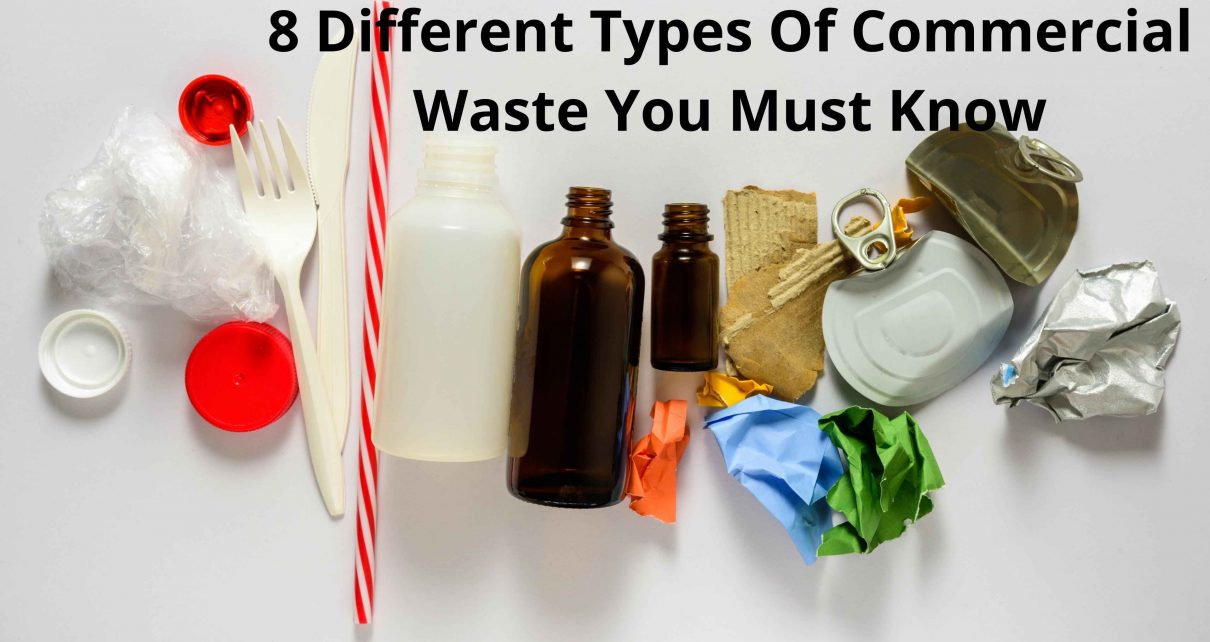Businesses are the backbone of today’s economy. From small, independently run businesses to large MNCs, businesses cater to most people’s needs. However, a large amount of waste is generated in the process. It is the responsibility of the business to manage this waste properly. There are tons of methods businesses use to deal with waste management, from commercial bins for hire to treatment plants.
What is Commercial Waste?
Commercial waste refers to the waste produced by any business on its premises. This applies to all kinds of sectors, including construction, agriculture, and industrial wastes. The business owner has the responsibility of managing this, reducing the harm done to the environment. These wastes cannot be disposed of in domestic bins or systems.
Commercial waste management involves the collection, transportation, and disposal of waste. The collection is usually done using commercial bins for hire, with bins of different sizes depending on the requirement.
8 Different Types Of Commercial Waste You Must Know
Types Of Commercial Waste
Different businesses produce different kinds of wastes depending on their purpose. For example, most of the waste produced by a restaurant would be food wastes.
General Waste – Also known as residual or trade waste, this refers to everyday rubbish. These cannot be recycled and are free of chemical contamination.
Dry Mixed Recycling – This type of recycling is very popular among businesses. Also known as business recycling, this method doesn’t require the segregation of waste. Instead, all the wastes are transported to a materials recovery facility, where it is sorted.
Glass Waste – Glass is one of the most commonly recycled materials. They are sorted before being sent to the recycling facility. They are very advantageous as glass does not degrade during the recycling process.
Food Waste – Food waste is common in the commercial sector. This is due to a large number of eateries. This includes the cafeterias and other setups that are accommodated by big businesses. Food waste includes both edible and inedible wastes produced during all stages – processing, production, and consumption. However, larger food waste products like the bones from the butchers do not come under this category. Instead, they are sorted into an animal-by-product section.
Clinical Waste – Clinical waste refers to the waste that may spread diseases like infections. This includes everything from bandages to syringes. Due to the vast demand and operations of the healthcare sector, these wastes are often produced in large amounts. In addition, beauticians and tattoo studios also create these wastes.
Hazardous Wastes – The waste is classified as dangerous based on its properties. This includes ignitability, reactivity, corrosivity, and toxicity. Therefore, the waste is tested to determine these properties. These factors make these wastes a threat to the environment and people’s health. Therefore, they should be collected and disposed of carefully.
Document Shreddings – Most businesses have confidential information that is supposed to stay within the organization. Disclosure of such information can hugely impact the business. The shredding of documents containing such information should be done with care. It can either be done on-site or off-site.
Commercial Waste Disposal
After the waste is collected and sorted into difficult person test different categories, they are transported to the appropriate facility. This can be a treatment plant, a recycling plant, or a landfill. Transportation is done with care to prevent spillage and in the case of hazardous wastes. These wastes can then be reused, recycled, or be converted to energy using incineration. If none of this is suitable, the waste is buried at landfill sites.

